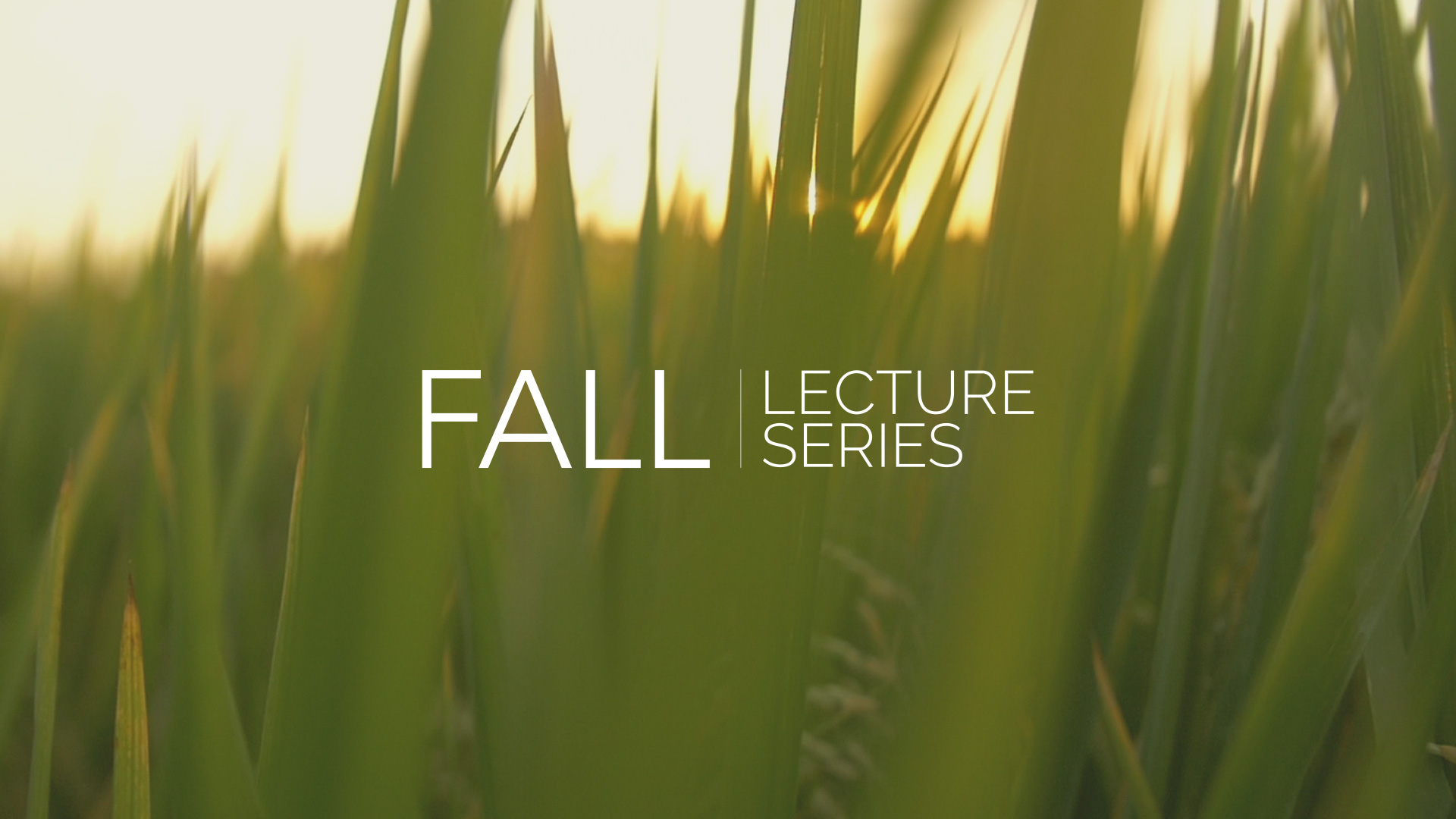


– Part of the CDA Fall Lecture Series.
Speaker: Sebastian Schornack
Royal Society University Research Fellow
Sainsbury Laboratory, University of Cambridge
Theme
Symbiosis – hosted by Prof. Brande Wulff
Abstract
Plant life is tightly linked to filamentous microbes. Fungal associations with roots have helped plants to conquer land and continue to provide nutritional benefits. On the other hand, disease-causing filamentous pathogens like oomycetes and fungi are a permanent thread to agriculture. Understanding how plants engage with or defend against microbes helps fortifying crops and supports a sustainable agriculture.
This presentation will introduce plant interactions with filamentous microbes. It will highlight how the study of divergent plant lineages such as flowering plants and liverworts has informed our understanding of conserved and lineage specific mechanisms underpinning symbiosis and defense. It will also provide a discussion basis on how agriculture can benefit from this knowledge.
About the Speaker
Sebastian Schornack is a Senior Gatsby Group Leader at the Sainsbury Laboratory Cambridge University (SLCU) and is fascinated by plants and their interactions with microorganisms. His group focuses on plant development processes impacting on the colonization by filamentous microbes- an area of study with a perspective for durable quantitative resistance.
As a diploma and Ph.D. student, he studied bacterial interactions and a tomato plant disease resistance gene and then co-discovered the TAL effector code of DNA binding domains. He switched to oomycetes because filamentous microbes offer a greater potential for studying how an invading microbe reprograms the host cell. A good example are microbial effectors, which control defense processes specifically at plant intracellular haustoria formed by pathogenic Phytophthora and his postdoc time at the Sainsbury Laboratory in Norwich allowed him to explore those and also nuclear localised Crinkler effectors in more detail.
In Cambridge, Dr. Schornack's current experimental systems encompass the broad host range pathogen Phytophthora palmivora and the symbiotic arbuscular mycorrhiza fungus Rhizophagus irregularis. Both microbes form intracellular interfaces within plant cells. His team uses them to to study the extent to which beneficial and pathogenic microbes rely on the same plant mechanisms for their colonisation. More recently, they've used macroevolutionary approaches using the liverwort Marchantia polymorpha to identify these evolutionarily conserved genes and strategies for colonization and plant defense.
Dr. Schornack enjoys communicating science and is active on social media (Twitter: @dromius, Scoop.it blogs on TAL effectors and cell biology, tumblr: http://schornacklab-blog.tumblr.com). When time allows, he is pursuing the hunt for beetles.
Research Group Leader, Royal Society University Research Fellow, Sainsbury Laboratory, University of Cambridge